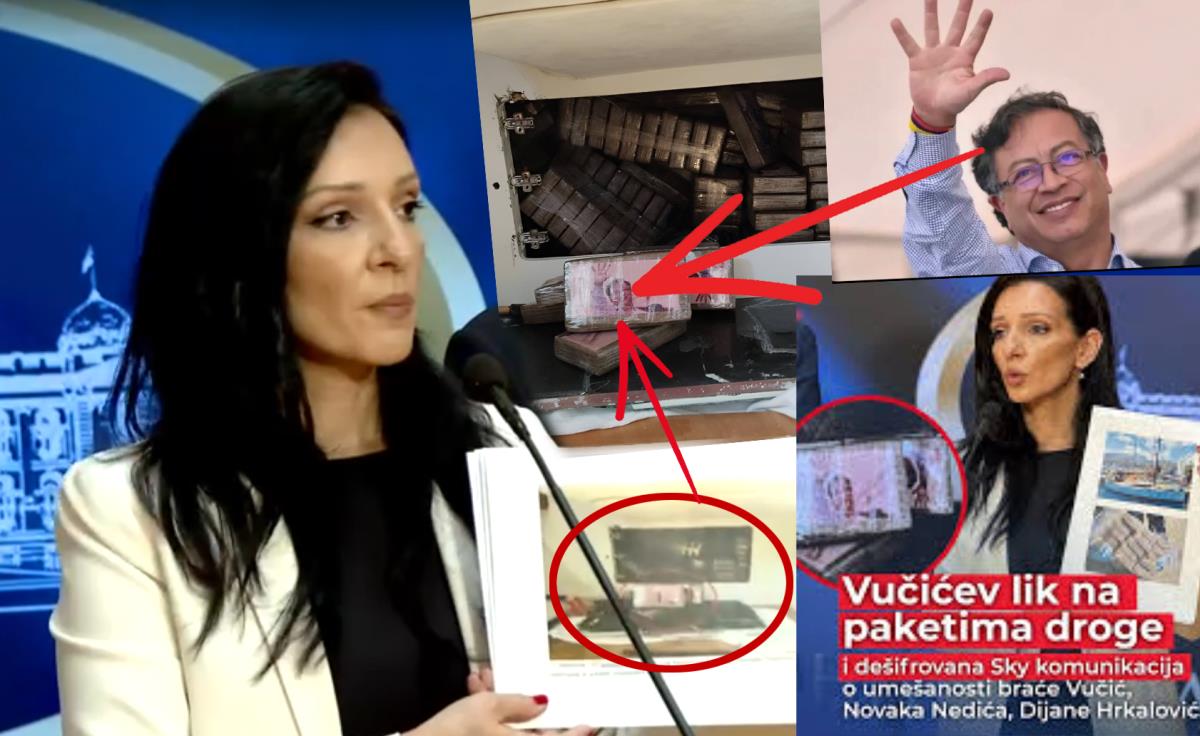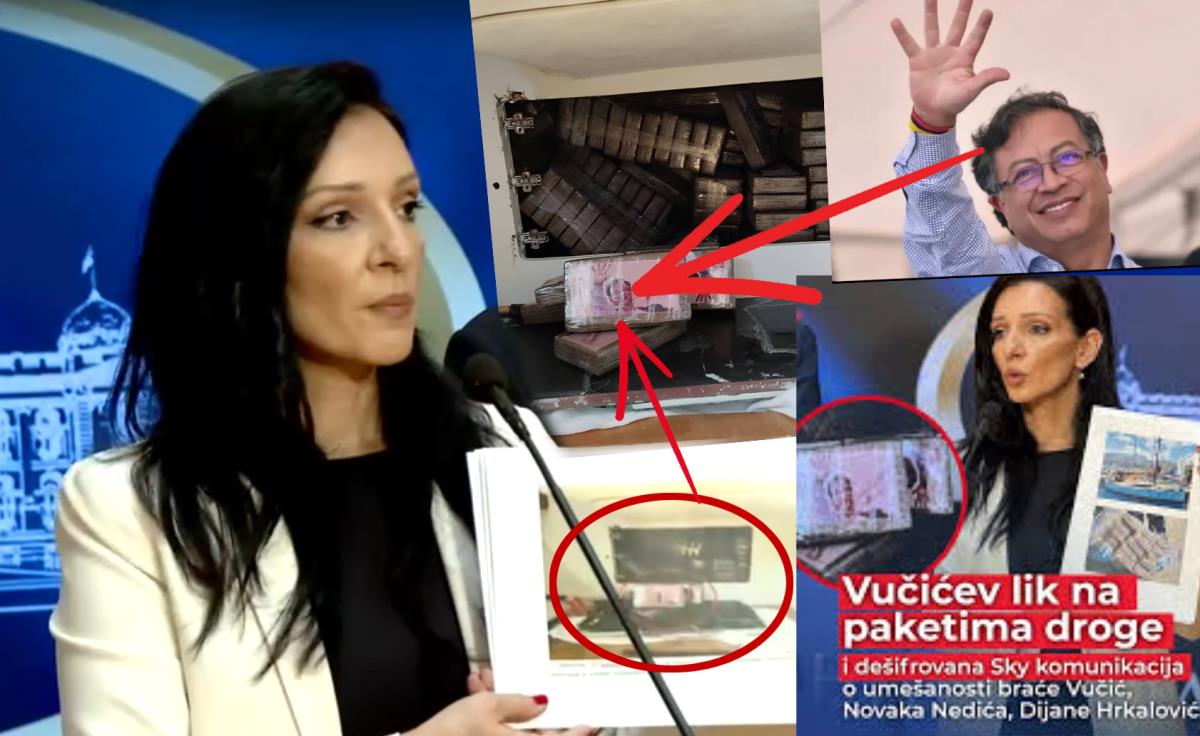The main topic of the article is the accusation by Marinika Tepić, deputy of Đilas, that the President of Serbia Aleksandar Vučić is connected to drug dealer Filip Korać and drug packages found in Tahiti. Marinika Tepić presented a photo at a conference which she claimed was Vučić, but it was actually an image of the President of Colombia Gustavo Petro. This accusation is described as a monstrous lie and part of the opposition’s political strategy to create chaos and undermine the credibility of state institutions. The article highlights that media and social networks have spread these unverified claims, which could damage Serbia’s international reputation. It also notes that such accusations create polarization and apathy among the public, diverting attention from real issues.
Political Perspectives:
Left: Left-leaning outlets might emphasize the political motivations behind Marinika Tepić’s accusations, framing them as part of a broader struggle against corruption and authoritarianism in Serbia. They may highlight the need for transparency and accountability, and criticize the government for suppressing opposition voices and manipulating media narratives.
Center: Centrist sources tend to focus on the factual inaccuracies in the accusations, pointing out the misuse of images and lack of evidence. They emphasize the importance of verifying information and maintaining political stability, warning against the dangers of spreading unverified claims that can harm the country’s reputation and social cohesion.
Right: Right-leaning media strongly condemn Marinika Tepić’s accusations as baseless and malicious attacks aimed at destabilizing the government. They stress the damage such false claims cause to Serbia’s international image and the credibility of its institutions. The narrative often portrays the opposition as irresponsible and politically motivated to create chaos.




















